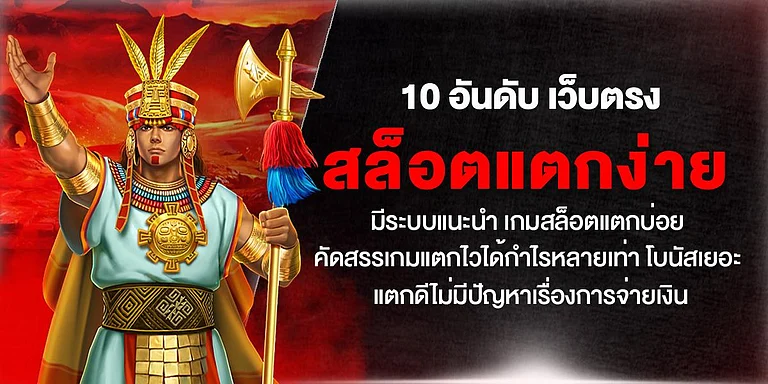Remember the time when we used to be so thankful that God was in his heaven and SalmanRushdie in England? Good old Salman, we said as we went about our chutney-speaking,post-colonial, West-in-East business: he’s placed our midnight birth at the serviceof world literature; he’s chronicled the life and language of "modern"India as has hardly ever been done before, he’s made "funtoosh!" and"rutputty" part of the international lexicon and pointed to similaritiesbetween Bombay and Gabriel Garcia Marquez’s ‘Macondo’.
Suddenly even the dreary Indian nation-state seemed like fun in high Rushdiesque prose.He’s the great post-imperial writer, said essayist Pico Iyer, and he was also ourhistorian: away from the rather savage vision of V.S. Naipaul, to a new colourfultumultuous history-as-novel. He used the subcontinent for complicated ironies, puns,philosophical references; he let his imagination roam all over our psychologicallandscapes and told us we were good enough for top-class fiction.
For, to be sure, we claimed him as our own chronicler and when Midnight’sChildren won the Booker, a whole new generation of ‘Indian-English’ writerswas born, impatient with the old-fashioned storytelling of the ’50s or the genteelangst of the ’60s and ’70s. For Macaulay’s subcontinental progeny,‘Indian English’ was no more a tediously formal imitation of the British, but adynamic, ‘real’ tongue: "Since when he contacts me on official trip? Why tohit a telephone call when he is probably enjoying?"
Yet after the ’89 fatwa, Rushdie has become a prophet-under-siege, skulking aboutvarious hideouts, an exile from the land of his Muse, a divorcee albeit with a new youngwife, a novelist today more notorious than widely read. Midnight is beingincreasingly forgotten and the author seems to have become a publicity-seeking loosecannon, afflicted with sundry paranoias, as his homelands become imaginary (and two-acreplots in Delhi very ‘real’). Yet his mind ranges, frontier-less between East andWest, stricken by "prophetitis", speaking largely in epic tones about grandthemes and his own even grander ambitions. India is my "kid sister", he said inAmerica recently. In the introduction to the Vintage Book of Indian Writing, whichhe co-edited with wife Elizabeth West, he wrote: "The prose writing created in thisperiod (the last 50 years) by Indian writers working in English is proving to be astronger and more important body of work than most of what has been produced in the‘18’ recognised languages of India...and this still burgeoning Indo-Anglianliterature represents perhaps the most valuable contribution India has yet made to theworld of books." With the exception of Saadat Hasan Manto, the anthology had no otherIndian writer writing in an Indian language. Mahashweta Devi? No. O.V. Vijayan? No.U.R.Ananthamurthy? No. Nirmal Verma? Not by a long shot.
Thus Rushdie had summed up, reduced and vilified the entire corpus of Indianwriting much to the outrage of his erstwhile admirers in his erstwhile home. Yet he wasstrangely unrepentant, and went on next to use inappropriate sexual imagery in describingthe car crash that killed Princess Diana. An act of destructive intercourse, quoth ourbearded ‘chutney’ sage, much to the embarrassment of everyone listening.Recently, there is the much-publicised exchange of letters between Rushdie and John leCarre in which Le Carre’s responses sound much more civil than the former’sbluster of "that pompous ass". Le Carre’s apparent sympathies withRushdie’s fundamentalist Islamic enemies again suggest "our Salman" issounding far too intolerant these days, not "heartfelt" and "jokey" ashe’s been described. Amongst the constituents of Midnight, those for whomRushdie is the cartographer of post-’47 national destiny, an earlier unheard-ofquestion is being whispered: "Is Salman losing it?"
Yet he’s no stranger to controversy. Midnight was successfully challengedby our prime minister, Shame was banned in Pakistan, Satanic Verses both inIndia and Pakistan. Rushdie’s always been, as Iyer says, an "impenitentgad-fly". Remember how he abandoned a loyal editor for a $1 million contract? Or howhe accused the British government of not looking after his security properly? So, ifSalman Rushdie is becoming a villain, the fault is perhaps ours, not his, for burdeninghim with too much greatness. Maybe he was never a prophet of new India after all, butsimply a prodigiously talented new British writer, whose USP was India.


























